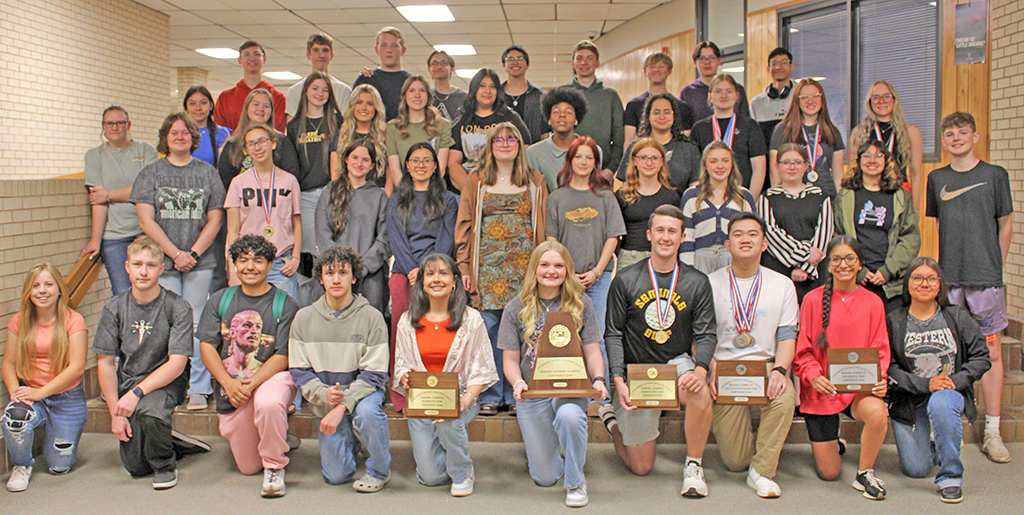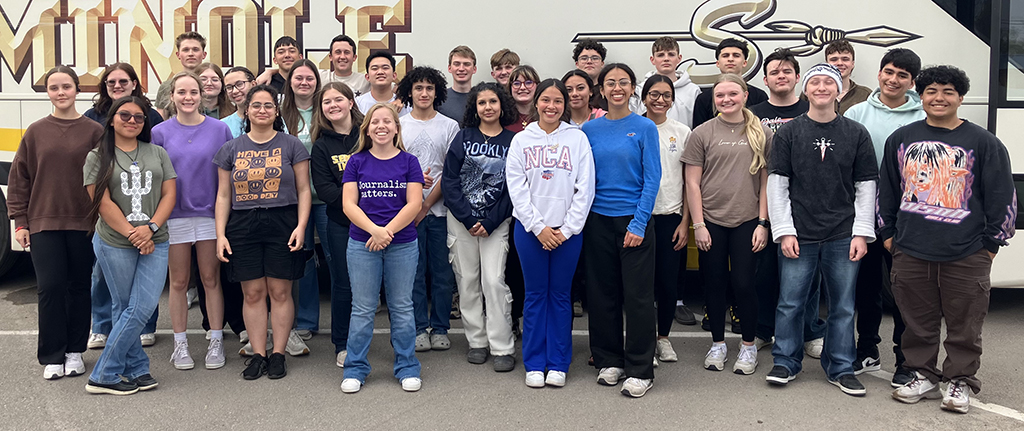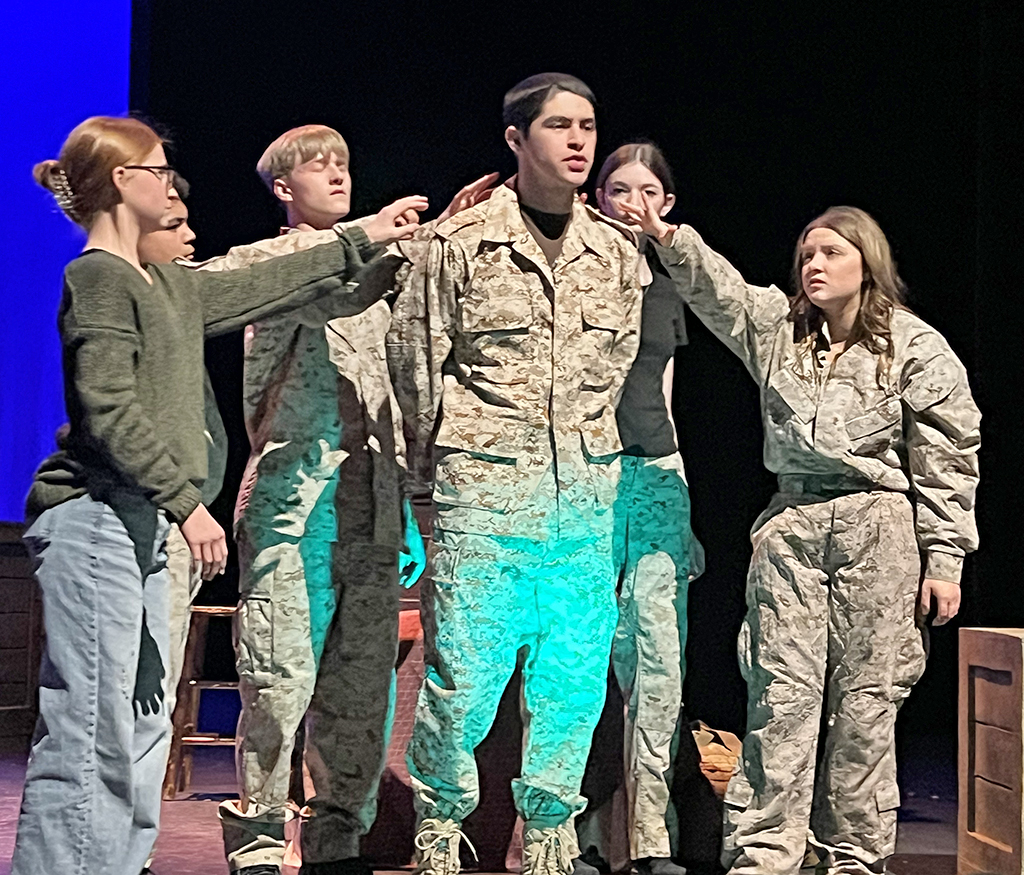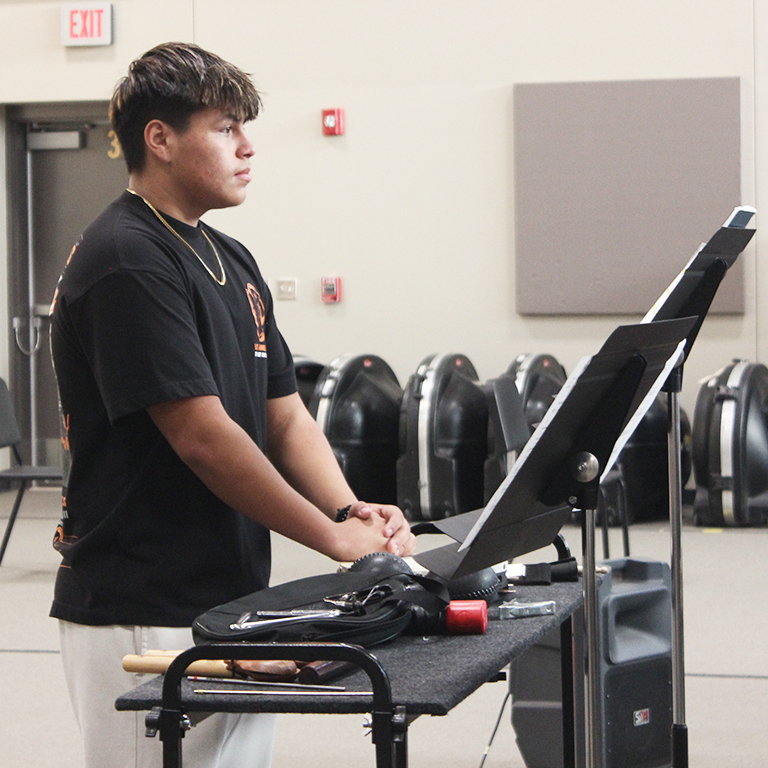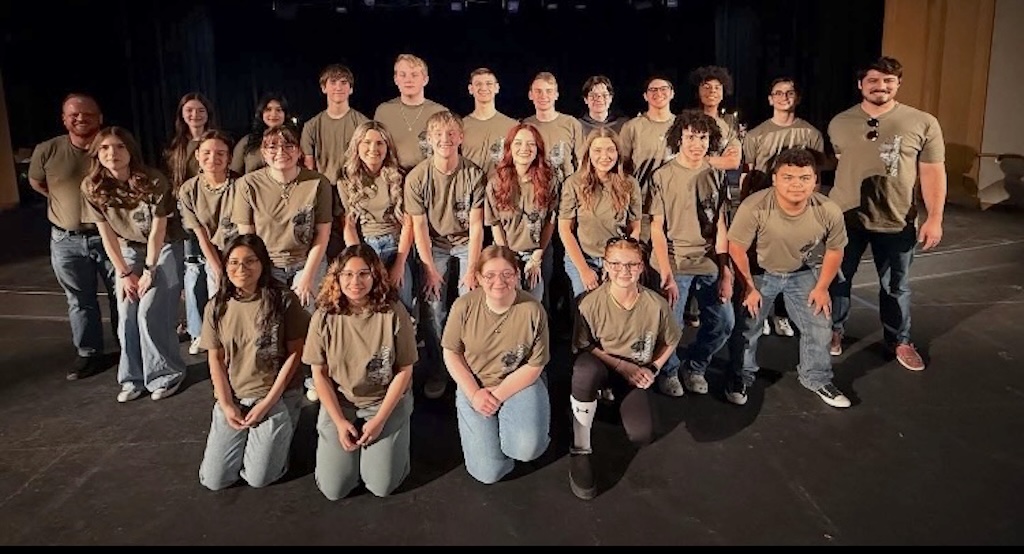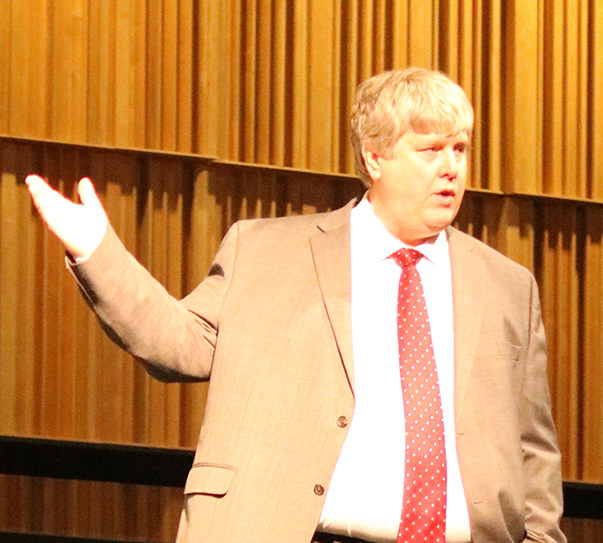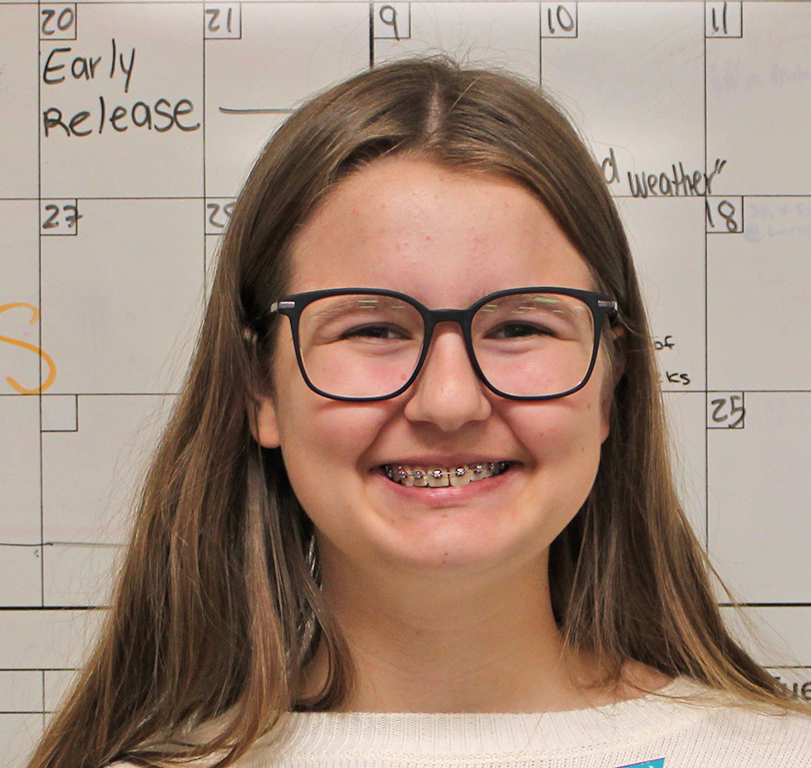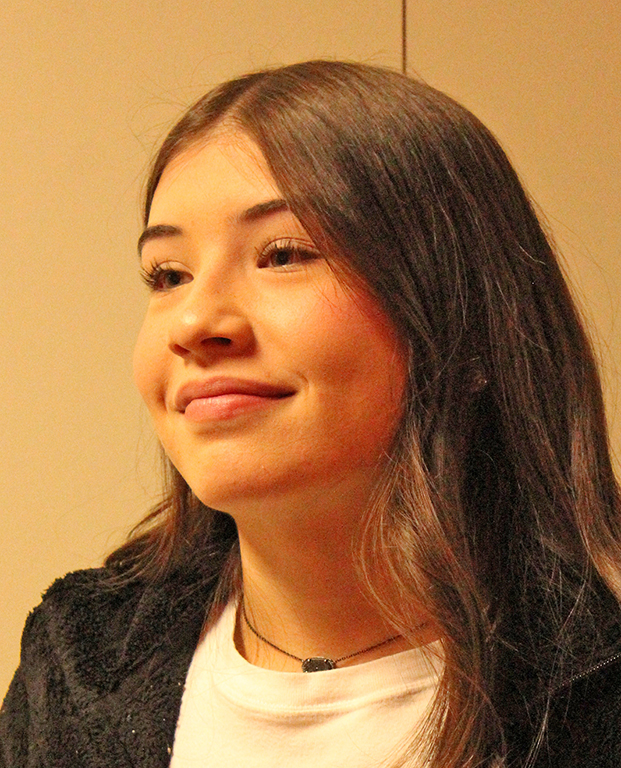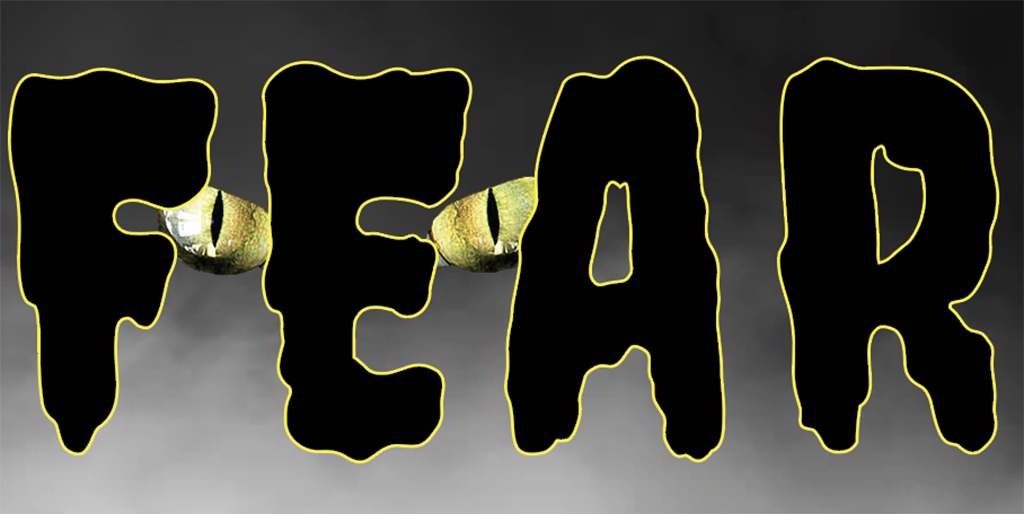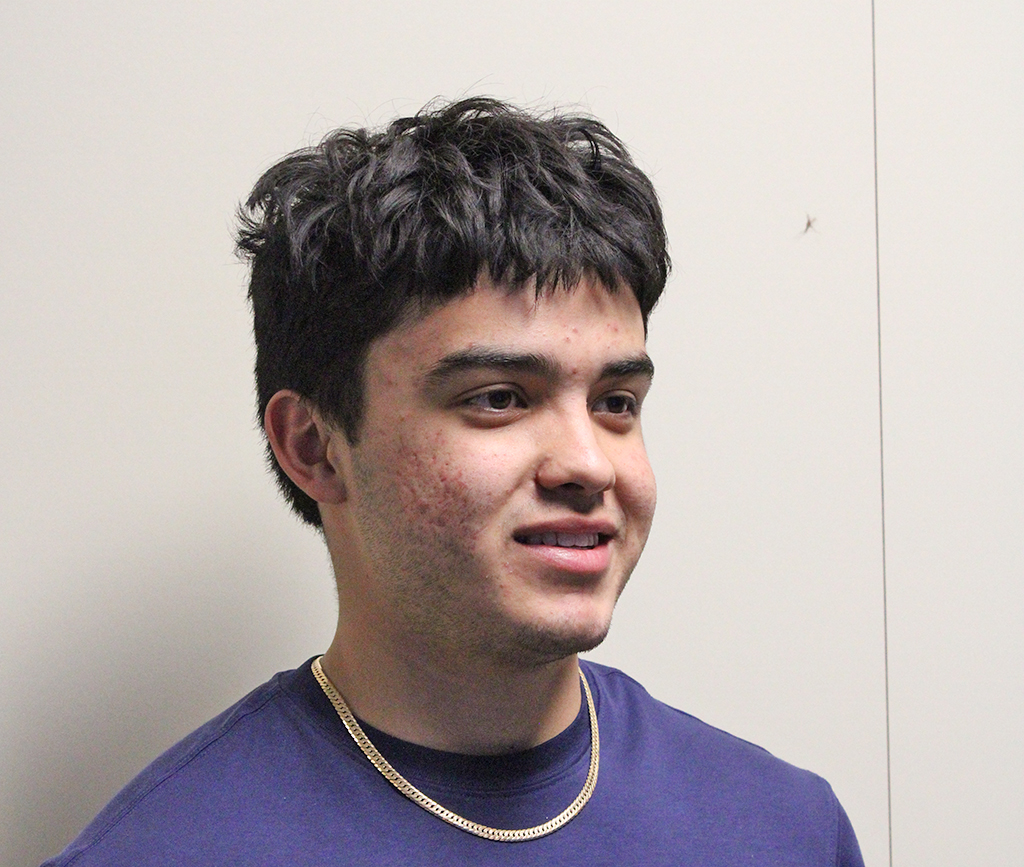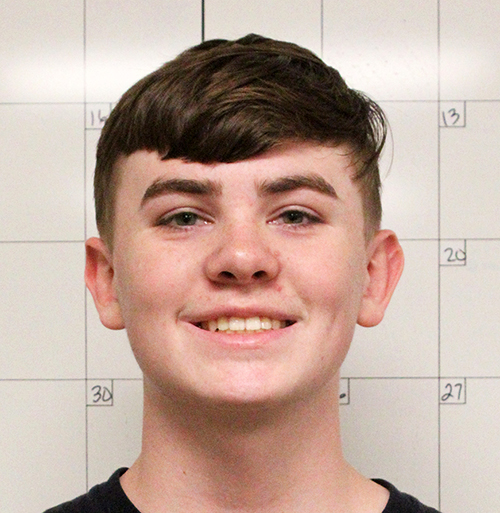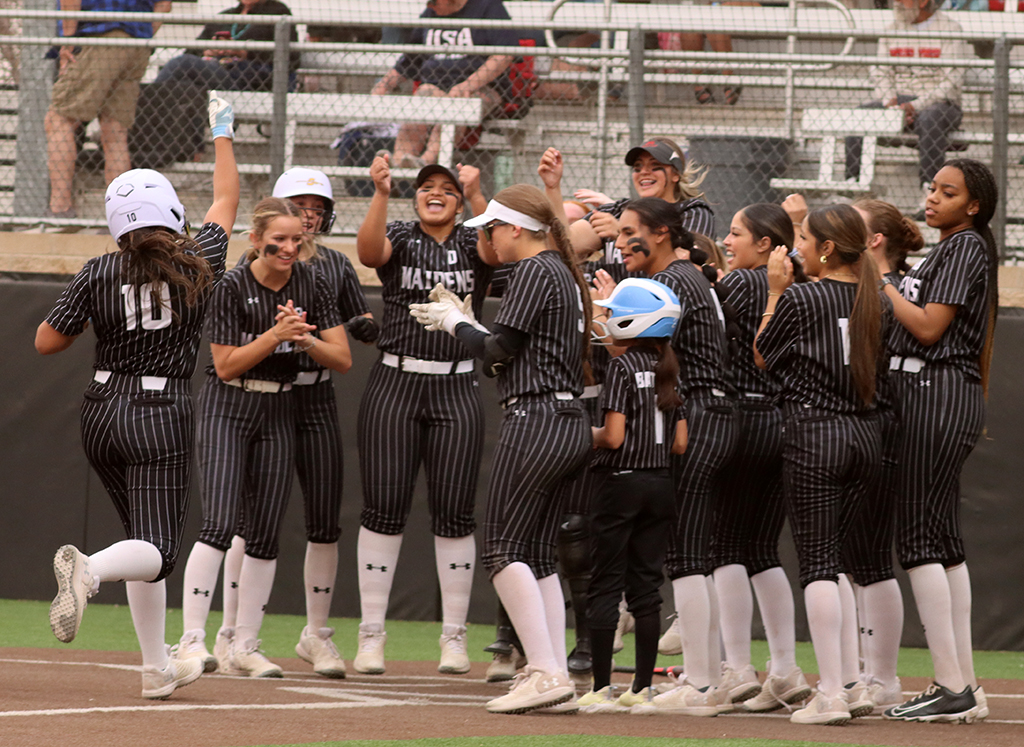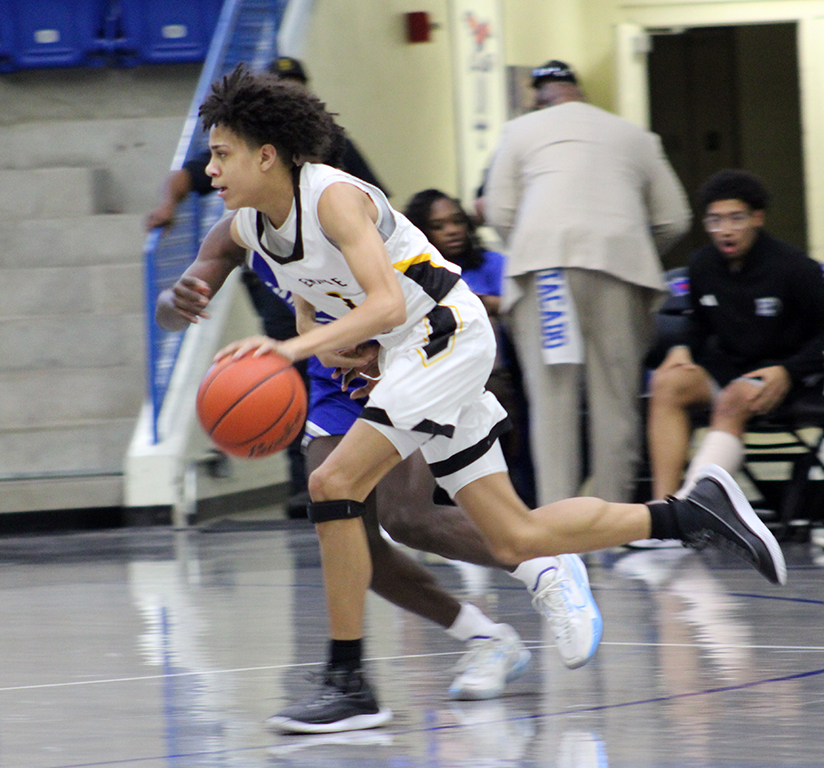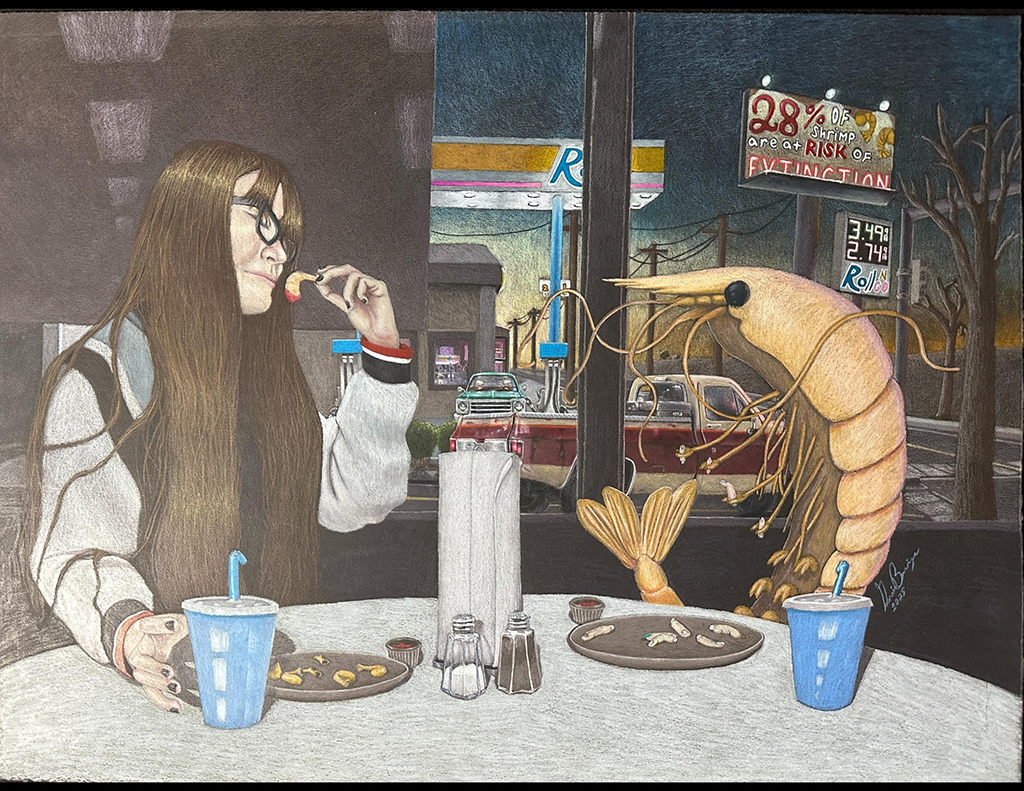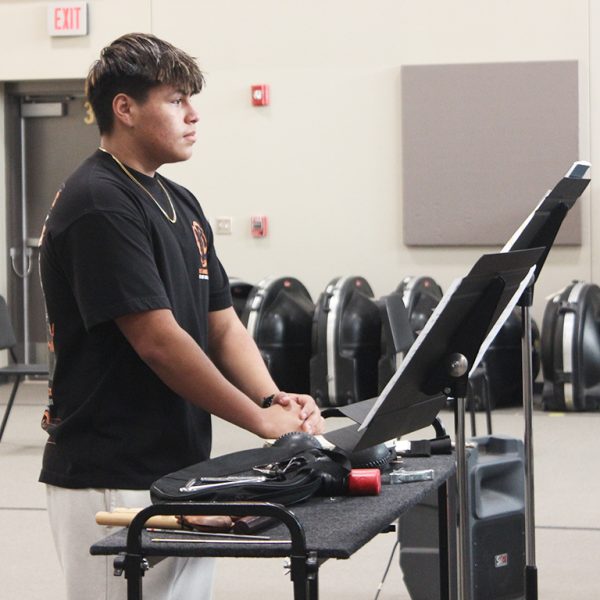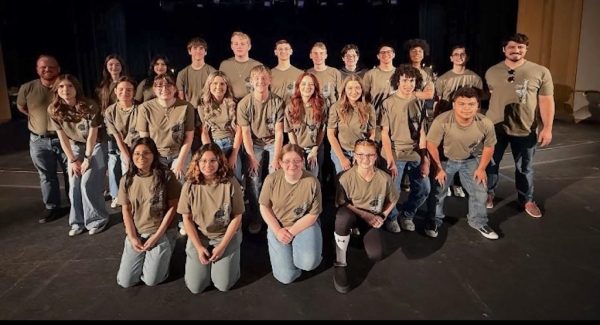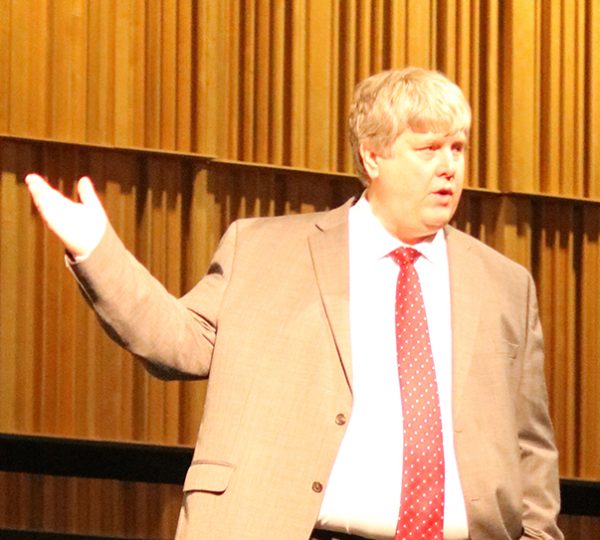PAGETURNER: ‘Winter’ rounds out ‘Lunar Chronicles’
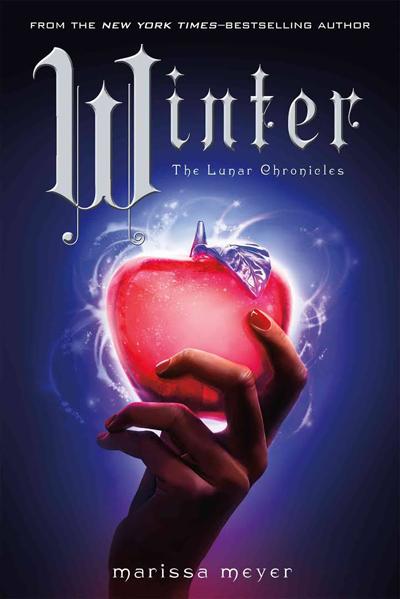
I recently read Winter, the last installment of the Lunar Chronicles by Marissa Meyer. There are four books in the series: Cinder, Scarlet, Cress, and, of course, Winter. Just a friendly warning: the books are not stand-alone reads, and you will be massively confused if you try to pick up Winter before Cinder. Read the series in order!
Honestly, I am a complete sucker for fairytale retellings, so I was really excited when I saw the premise for the Lunar Chronicles. The setting is a far away future where nations have been radically reorganized and the moon has been successfully colonized. Most of Winter takes place in Artemisia, the capital of the moon nation Luna. Luna is ruled by an evil queen named Levana who wants to marry the emperor of the Eastern Commonwealth so that she can access Earth’s resources. Lunars have a unique gift: they can make themselves appear beautiful, and manipulate others actions and feelings. Levana’s stepdaughter, Winter, is more beautiful than she is, despite her refusal to use her Lunar gift, and Levana, who is already trying to squash a rebellion courtesy of the heroines of the other three books, is threatened by Winter’s beauty and the way the people seem to adore her.
The plots of all the books would survive without a fairytale label, and the big picture really has nothing to do with any fairy tale. I like the references to the fairy tales, though, and the way they tied into each other. I think this theoretically allowed for the surprise that comes with an unfamiliar plot and the comfort of the familiar fairytale characters. However, the big picture plot was a little predictable itself because it seems like so many books are doing the dystopian rebellion thing. Not to say there aren’t some fun twists in this one, but it reminded me of other books out right now.
That being said, I enjoyed the world building in Winter. I was disappointed in Marissa Meyer’s development of her world in the rest of the series, so this was a pleasant surprise. Because the world is so unfamiliar and interesting, I was always thirsty for details on culture, architecture and people, especially in New Beijing and Artemisia, but she never delivered. Finally, Winter has the detail I crave on Lunar culture.
The characterization is pretty okay, too. Winter was lovable, though maybe self-sacrificing to a fault, and I understood Jacin. Their romance was well-developed which is more than I can say for some of the other books in the series (I’m looking at Scarlet specifically here), and some questions about Levana and her motives were finally answered. I loved the details about Winter’s mental illness, which is a result of her intentionally dormant lunar gift, and the interest it created. I am a firm believer the world needs more representation for mentally ill people, especially those suffering from psychosis, in capable, nonviolent roles that don’t focus entirely on their illness. I think the only thing that really actively bugged me about the book was that there was so much wasted potential. It could’ve gone the Hunger Games route and talked more about the dynamics of oppression and rebellion, but it didn’t, choosing to keep Levana in a stereotypical evil queen role instead. I really would have been in love with this book and this series if it had explored some really obvious questions about artificial versus natural human life. One of the main characters is an actual cyborg, who’s up of 30 percent metal, and half her brain is essentially a circuit board. Another character is a defective service android with the ability to feel love and loyalty as if she were human. There is a blatant setup for the question of what it means to be human. Is it possible to oppress a hunk of metal if it has intelligence? When almost half of your body is mechanical, do you lose an essential part of yourself? A little more exploration of the whole artificial intelligence scheme would’ve gone a long way. Also, how did the Lunars get their gift? What are the ethics of manipulation? What happened to make relations between the earth and Luna so tense? There are just these phenomena that the reader is supposed to take for granted.
Really, my criticism seems a little harsh, since I enjoyed Winter while I read it, but it so easily could have been one of my all time favorites with just a tad bit more detail. It reaches some of it’s potential in the prequel Fairest, which is about Levana’s background, but the Lunar Chronicles themselves feel a little empty. I’d recommend it to anyone who doesn’t have a tendency to over-analyze like me. It is good if you are just looking for an interesting, light read.
